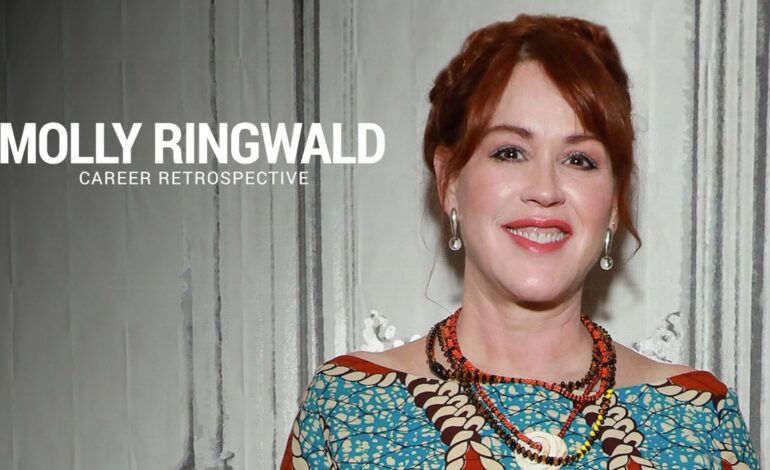Molly Ringwald’s Bold Take on ‘The Breakfast Club’: A Call for Diversity in Film

You might want to sit down for this, but Molly Ringwald, the iconic star of the ’80s classic *The Breakfast Club*, recently made headlines by stating that the film is “very white” and fails to reflect the diversity of today’s society. Yes, I know this might come as a shock to those of you who have been clinging to the nostalgia of the Brat Pack era, but it’s time to open your eyes to the world around you. In a revealing essay, Ringwald reflects on her experiences with the film and its impact, emphasizing how it does not represent the multicultural reality we live in today.
This isn’t just about revisiting an old film; it’s about recognizing the importance of representation in media. The actress points out that a movie like *The Breakfast Club*, while beloved, predominantly showcases a specific demographic, which ultimately limits its relevance in contemporary conversations about race and identity. Ringwald’s comments resonate particularly well in a time when discussions about diversity and inclusion are at the forefront of societal change. After all, can we really continue to celebrate a film that glosses over the rich tapestry of human experience?
In her reflections, Ringwald expresses a nuanced understanding of the film’s legacy, acknowledging its influence while simultaneously critiquing its lack of representation. She suggests that the film’s portrayal of high school hierarchies and personal struggles is universal, but the characters themselves do not mirror the diversity of the student bodies in schools today. It’s as if the film is a time capsule of one specific narrative, and doesn’t take into account the myriad of experiences that shape young adults today.
For those still enamored with the film, this may feel like a betrayal, but it’s essential to recognize that art is always evolving. As society progresses, so too should the stories we tell and the characters we create. Ringwald’s call for a more inclusive narrative isn’t just a critique; it’s an invitation for filmmakers to step up and reflect the diversity that exists in our world.
In a broader context, her remarks echo sentiments shared by other artists and critics who advocate for greater representation in Hollywood. The industry has made strides toward inclusivity, but as Ringwald highlights, there is still much work to be done. We should be celebrating stories that encompass a wider range of experiences rather than clinging to outdated portrayals that no longer resonate with the audience.
So, while you may be tempted to dismiss Ringwald’s comments, it’s worth pondering: how can we move forward in storytelling if we don’t acknowledge the past’s shortcomings? It’s high time we embrace a more inclusive narrative landscape. Hopefully, this little chat has opened your eyes to the conversation surrounding representation in film.
Sources: Celebrity Storm and People Magazine, The Guardian, Variety
Attribution: Creative Commons Licensed




